8. Mulholland Drive (2001, David Lynch)
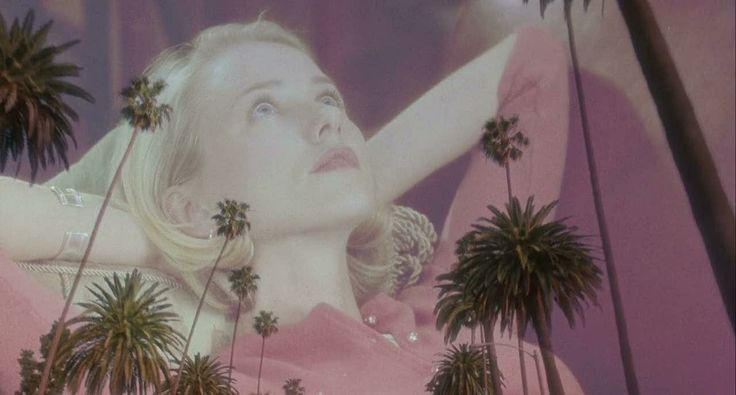
Titled “Mulholland Dr.” on the posters, does the title read as Mulholland Drive…or Mulholland Dreams? The question seems silly, but David Lynch’s 2001 masterpiece is so confusing, thematically dense, ambiguous and genre bending that almost any attempted interpretation of the film may be true… or false.
The plot follows Betty Elms (Naomi Watts), a wide-eyed, blonde wannabe movie star who arrives in Los Angeles to follow her dreams. There she meets a beautiful brunette with amnesia (Laura Harring). As they attempt to discover the woman’s identity, film director Adam Kesher (Justin Theroux) runs into trouble whilst casting for his new film.
Exploring themes of dreams, love, identity and the dark side of Hollywood, Mulholland Drive blurs the line between reality and dreams, challenging the viewer to make up their own mind as to what the film means.
Originally shot as a television pilot which was rejected by the networks, David Lynch shot an ending and released it as a feature film. Seventeen years later Mulholland Drive is now considered one of the greatest films of the 21st century. No matter what you thought of this film, one cannot escape the fact that Mulholland Drive is utterly unforgettable.
9. Solaris (2002, Steven Soderbergh)

When someone is asked to name a film by Steven Soderbergh, they probably think of the Oceans Trilogy, Out of Sight, Traffic, or maybe even Erin Brockovich. Probably, their first thought wouldn’t be his 2002 adaptation of Stanislaw Lem’s novel, “Solaris”.
George Clooney stars as Dr. Chris Kelvin, a clinical psychologist who goes out to a space station orbiting a sentient planet named Solaris to study the psychological states of the scientists based there. At the space station, Kelvin encounters his deceased wife Rheya (Natascha McElhone), and it forces him to confront and rethink their marriage in a fascinating study of human memory, consciousness, love and grief.
Inevitably, comparisons have always been made with Andrei Tarkovsky’s 1972 version, which is a masterful, deeply meditative film. However clocking in at 166 minutes, Tarkovsky’s film is also long and ponderous. Soderbergh’s version meanwhile, manages to tell the story in a brisk 98 minutes without diluting the meaning or philosophical content, and whilst also heightening the humanity and romance.
In this way, it can also be read as an exploration of cinema and how a remake can alter and perhaps even better an already great film, and that’s why it deserves a spot on this list.
10. The Fountain (2006, Darren Aronofsky)
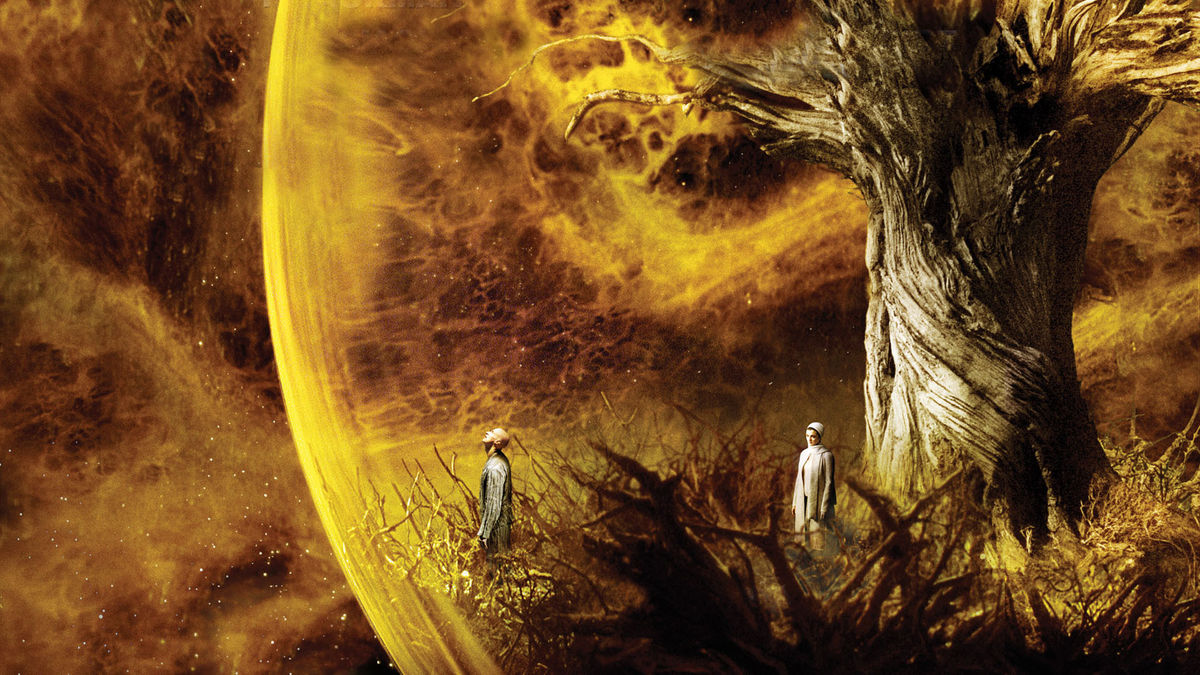
This 2006 film from American writer/director Darren Aronofsky always seems to pop up in lists of the most underrated films, and for good reason. The Fountain, like so many films on this list, received mixed reviews upon its release and was a box office failure. Since then however, it has gained a cult following, with many naming it Aronofsky’s best film.
Interweaving three stories over different time periods, Hugh Jack plays a clinical neuroscientist, a conquistador, and a man travelling through space and time, who is bound through the millennia to the woman he loves (Rachel Weisz). Touching on themes of love, death and reincarnation, The Fountain finds Darren Aronofsky at his most surreal, but also at his most life-affirming.
DoP Matthew Libatique uses a colour palette of golden yellows, whites and blacks, abstaining from CGI to use macro photography effects by Peter Parke to make this film look unlike any other. Clint Mansell’s score is a rising crescendo that connects the triptych storyline and builds it into a satisfying conclusion.
11. Uncle Boonmee Who Can Recall His Past Lives (2010, Apichatpong Weerasethakul)
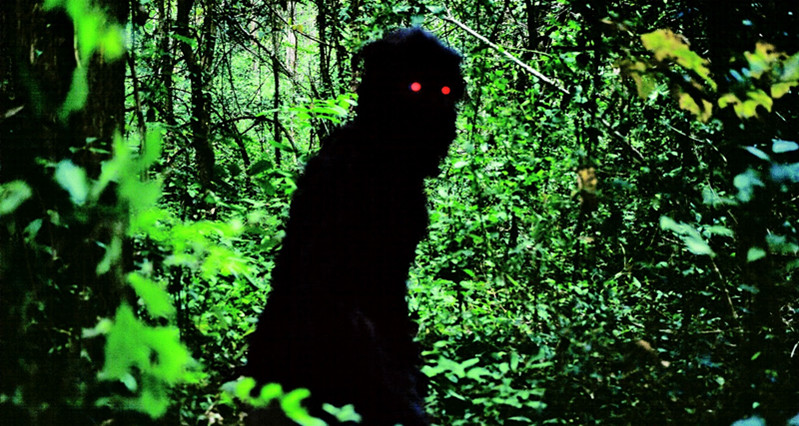
An ambitious, meditative film, Uncle Boonmee tells the story of a man dying from kidney disease and spends his final days with the ghost of his dead wife and his son, who has returned in the form of a monkey-like creature with glowing eyes.
Shooting in six different cinematic styles ranging from documentary, costume drama to an older cinematic style with stiff acting, and shot on film, Uncle Boonmee is also Apichatpong Weerasethakul’s lamentation on cinema and the rise of digital cameras.
This film was the first Thai film to win the prestigious Palme d’Or at the Cannes Film Festival. Uncle Boonmee is another film that deals with death and reincarnation, but Apichatpong Weerasethakul’s 2010 film is so gentle and life affirming that it is a treasure worth seeking out to anyone that hasn’t yet seen it.
12. The Tree of Life (2011, Terrence Malick)
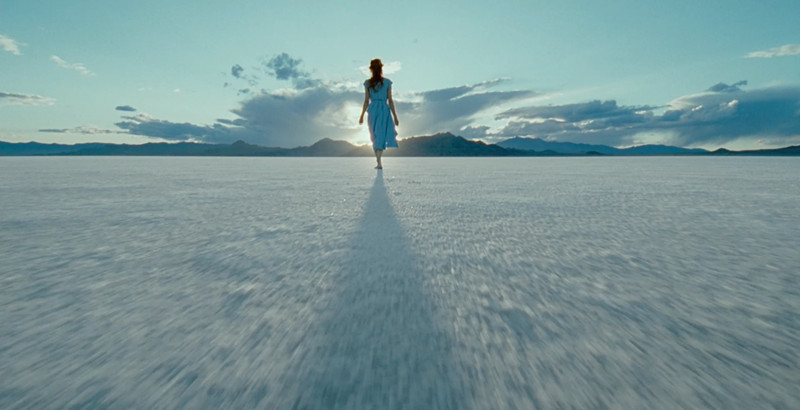
Love him or hate him, there is no denying that Terrence Malick is a filmmaker like no other, and his 2011 film, The Tree of Life, is arguably his best film of the century so far.
Juxtaposing the childhood memories of Sean O’Brien (Sean Penn) with the creation of the entire universe, The Tree of Life truly took on an ambitious challenge; to seek the questions and in the process of the story try to tell the answers to, the meaning of life.
Whether it succeeds or not is truly up to the viewer and their philosophy on life. Those who believe in a god may find it a spiritual and moving celebration of a world created by god, whilst atheists can also find beauty and meaning in the scientifically accurate, but visually stunning evolution sequence.
With beautiful cinematography by Emmanuel Lubezki, a great performance from Jessica Chastain and special effects work by legendary Douglas Trumbull, The Tree of Life is an ambitious film, and whilst it was greeted with boos from some at the Cannes Film Festival, it justly won the Palme d’Or.
13. The Master (2012, Paul Thomas Anderson)
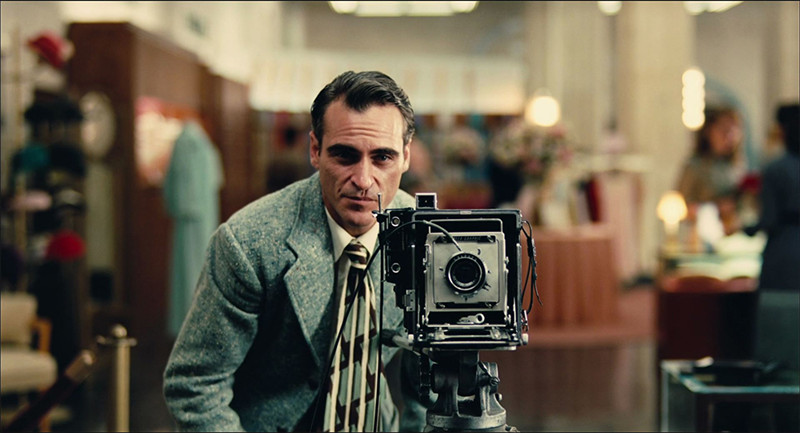
When asked what film he was most proud of, Paul Thomas Anderson easily replied: “The Master”. Paul Thomas Anderson’s 2012 epic is undoubtedly one of the greatest films of the 21st century and firmly established that he is one of the greatest filmmakers alive today.
The story follows Freddie Quell (Joaquin Phoenix), a World War II navy veteran struggling from PTSD and alcoholism that ends up joining a group called “The Cause”, led by charismatic leader Lancaster Dodd (Philip Seymour Hoffman).
When watching the two and a half hour film, it is quite easy to forget that there is actually very little narrative. At its heart, the film is a character based drama between the two leading men.
Much has been written about comparisons between “The Cause” and Scientology, and Philip Seymour Hoffman’s character and Scientology founder L. Ron Hubbard, and there are definitely parallels between them. However, once you get past these comparisons, The Master is about so much more.
Paul Thomas Anderson isn’t very interested in criticising cults, and the movie is better for it. He is more interested in showing what draws people to cults and how many provide an artificial family and a sense of belonging that displaced people, like army veterans, long for.
In this way, The Master is a critique of Post War America and the rise of McCarthyism. Freddie Quell knows subconsciously that “The Cause” is nonsensical, however deep down he is desperate for a place to belong, for unconditional love. Lancaster Dodd and “The Cause” give him that.
The Master could also be interpreted as a battle of different acting styles. Joaquin Phoenix plays the role of Freddie Quell in a very method way, representing the acting style most common in the second half of the 20th century (Brando, Hoffman, De Niro). Meanwhile, Philip Seymour Hoffman’s acting style is more reminiscent of pre-war acting style, most famously represented by Orson Welles in Citizen Kane. In this way, The Master can be interpreted as an exploration of the male psyche on multiple levels.
14. Enemy (2013, Denis Villeneuve)
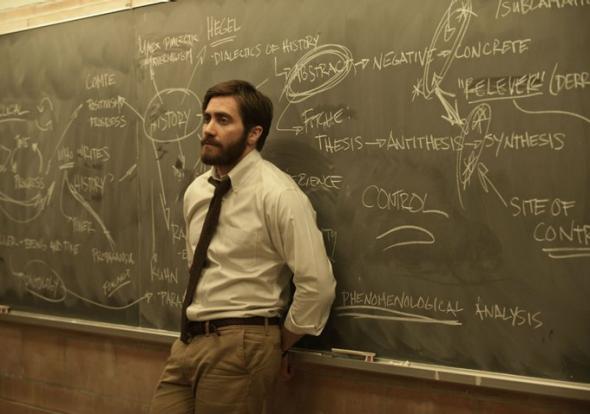
Enemy is a strange film. Made between Prisoners and Sicario, Denis Villeneuve’s 2013 psychological thriller is in line with the director’s recurring themes, but it also feels very separate from his recent crop of critically acclaimed films made post Prisoners.
Jake Gyllenhaal, in a brilliant dual performance, plays Adam Bell, a mild-mannered university professor who (upon watching a rented movie recommended to him by a colleague), finds an actor named Anthony Claire who looks exactly like him.
Based on Jose Saramago’s novel “The Double”, Enemy uses visual motifs of spiders and webs, yellow drenched Toronto and brutalist architecture to lead us into a terrifying final conclusion which will have the viewer terrified, and completely unsure of what the film means.
15. mother! (2017, Darren Aronofsky)
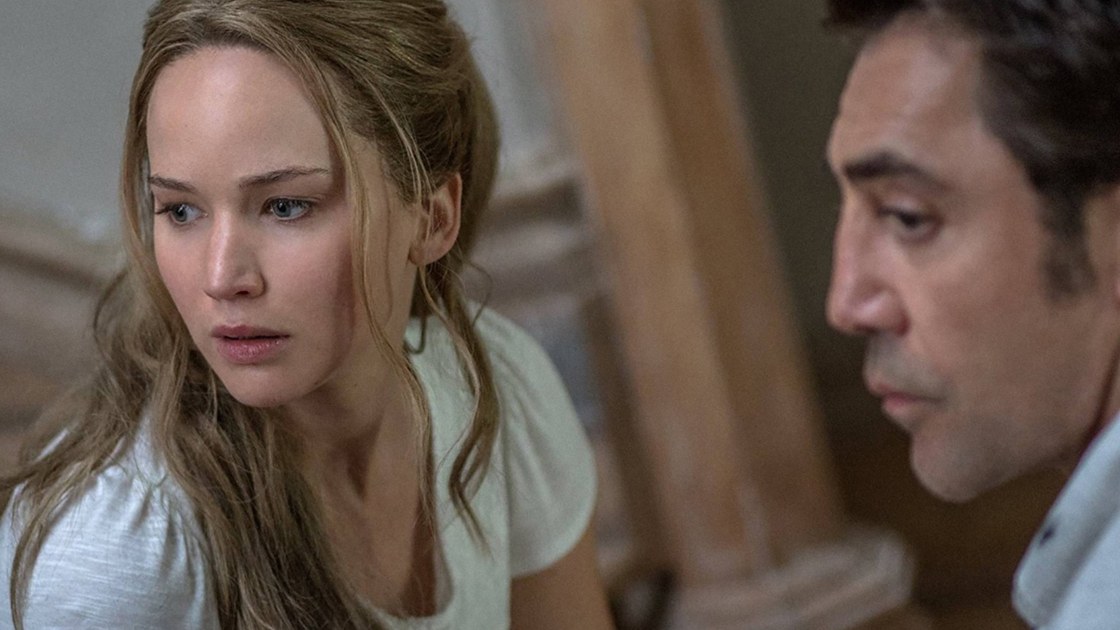
The most critically divisive film of 2017. Darren Aronofsky’s film received both five star reviews and Razzie award nominations in a movie that truly defines the term “You either love it, or hate it”
Inspired by Luis Buñuel’s The Exterminating Angel, Jennifer Lawrence and Javier Bardem play an unnamed married couple living in a secluded octagonal house which seems to be set in an Eden of sorts. Mother (Lawrence) is a beautiful young woman restoring the house after a horrible fire, leaving Him (Javier Bardem), a poet with writer’s block to spend his time trying to write. Their life seems idyllic and peaceful until a series of unwanted guests arrive and cause trouble and violence.
Filled with biblical allegory, Mother! can be interpreted as the mistreatment of nature, a meditation of the creative process (Aronofsky wrote the script in five days), or a critique of gender roles. No matter what you thought of Mother!, there’s no doubt that it is one of the boldest and most original films of the year.
Author Bio: Timotej Bača is a filmmaker and writer based in London. He spends most of his time watching films, reading books by Hemingway and Francois Truffaut and thinking of creative ways of making films with very little money.